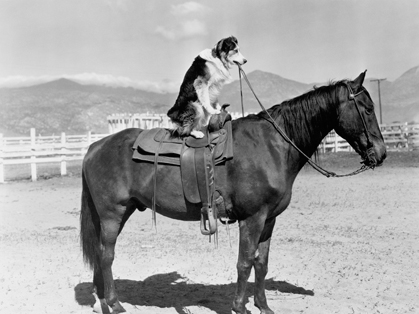No Evidence That Pets Play a Role in Human Coronavirus Spread

Australian Veterinary Association
The Australian Veterinary Association (AVA) are advising pet owners to keep the welfare of their pets a priority, in response to the recent report from Hong Kong of human-to-animal transmission in a pet dog.
“The current spread of coronavirus in humans is the result of human-to-human transmission,” said AVA President, Dr Julia Crawford. “To date, there is no evidence that pets can spread the disease, or that they can become sick.”
On March 4th, Hong Kong’s Agriculture, Fisheries and Conservation Department announced that they had detected low levels of SARS-CoV-2 (the scientific name for the virus) which causes COVID-19 (the disease caused by the virus) in a Pomeranian. The dog belongs to a SARS-CoV-2 positive patient.
Samples taken from the dog’s mouth and nose all returned a ‘weak positive’ result for the virus. The Hong Kong authorities believe this finding may indicate the dog has a low level of infection, indicating a potential case of human-to-animal transmission of the virus. The dog has not shown any clinical signs of disease and is currently being held in quarantine.
While acknowledging that pet owners may be concerned about this news, Dr Julia Crawford advises that “At this stage, there is no evidence that pets can play a role in the spread of this disease, and the primary source of SARS-CoV-2 transmission remains human-to-human contact.”
Dr Crawford cites the 2003 SARS outbreak where a small number of cats and dogs tested positive for the virus but did not demonstrate a role in transmitting the virus to other animals or humans.
The AVA will continue to monitor the situation and provide veterinarians and the public with regular updates.
As the outbreak is an evolving situation, the AVA advises pet owners who may become infected with SARS-CoV-2 to take precautionary steps to limit close contact with their pets and to practice appropriate hand hygiene before and after handling them. At no stage should pet owners take measures that may compromise the welfare of their pets.
“What owners can do is what we always recommend – please practice good hygiene, including washing your hands before and after handling your pets, as well as their food,” said Dr Crawford.










